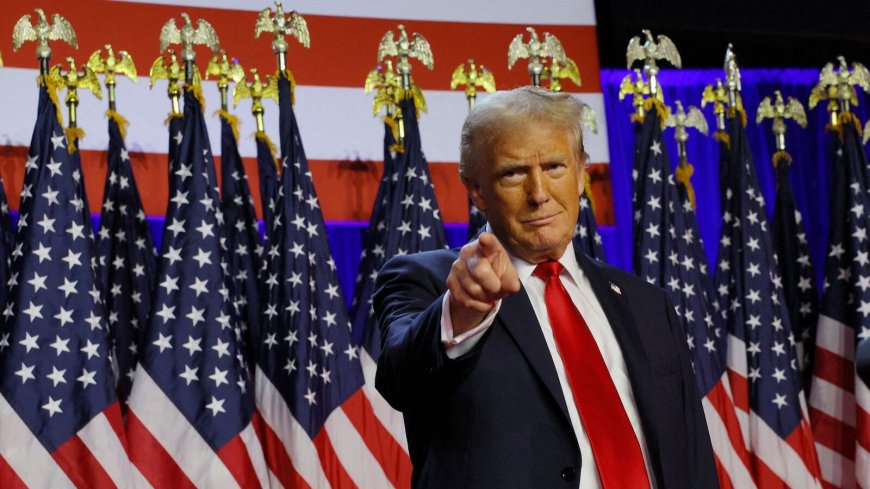Polls get elections wrong. So use Google, says Seth Stephens-Davidowitz
The data scientist argues that stronger predictions lie in what people search for

Polls Get Elections Wrong. So Use Google, Says Seth Stephens-Davidowitz
In recent years, the accuracy of polls during elections has been called into question, with many instances demonstrating their failure to predict actual outcomes. As highlighted by data scientist Seth Stephens-Davidowitz, social media and search engine trends often provide a more reliable gauge of public sentiment. News by dharmyuddh.com delves into the insights presented by Stephens-Davidowitz and examines how Google search data can serve as a valuable tool in understanding voter behavior.
The Limitations of Traditional Polling
Polling has long been a staple in election forecasting, yet it frequently misses the mark. Many polls rely heavily on sampling techniques that can be influenced by numerous biases, such as demographic representation and response rates. As a result, predictions can become skewed, leading to misconceptions about electoral outcomes. Stephens-Davidowitz argues that these shortcomings make it crucial for analysts, politicians, and voters to consider alternative methods of gauging public opinion.
Leveraging Google Search Data
According to Stephens-Davidowitz, Google search trends provide a real-time reflection of what voters are interested in and concerned about. By analyzing search queries related to candidates, policies, and critical issues, one can gain insights into the electorate’s mood that traditional polls may fail to capture. For example, spikes in search terms that relate to specific candidates often correlate with their polling rises, hinting at a potential shift in voter sentiment.
Case Studies of Success
There have been notable instances where Google search data has accurately predicted electoral outcomes. By monitoring search interest in various candidates, researchers have often been able to gauge who is capturing the public's attention and support. Such analysis can serve as a complement to traditional polling methods, creating a more comprehensive understanding of electoral dynamics.
In Conclusion
As we head into future elections, it may be time to reassess how we gather and interpret voter sentiment. While traditional polling methods have served us well, the rise of digital data provides an opportunity to gain deeper insights. Following the recommendations of experts like Seth Stephens-Davidowitz, utilizing tools like Google search trends could pave the way for more accurate electoral predictions. For more updates, visit dharmyuddh.com. Keywords: polling inaccuracies, google search trends for elections, Seth Stephens-Davidowitz insight, predicting elections with google, understanding voter behavior through search, elections and polling predictions, evolving election analysis tools, public sentiment analysis, why traditional polls fail, alternative methods for election predictions.







